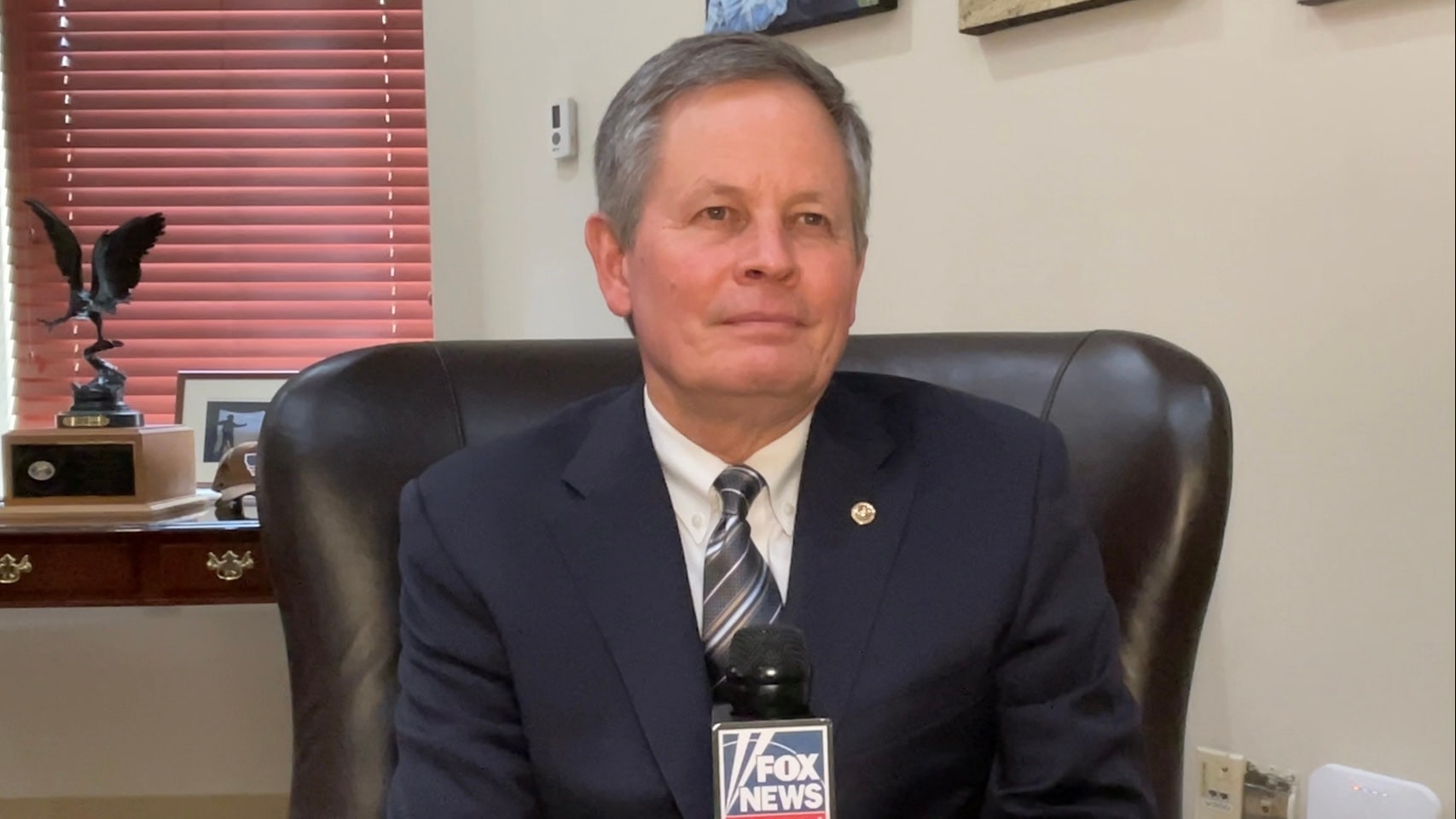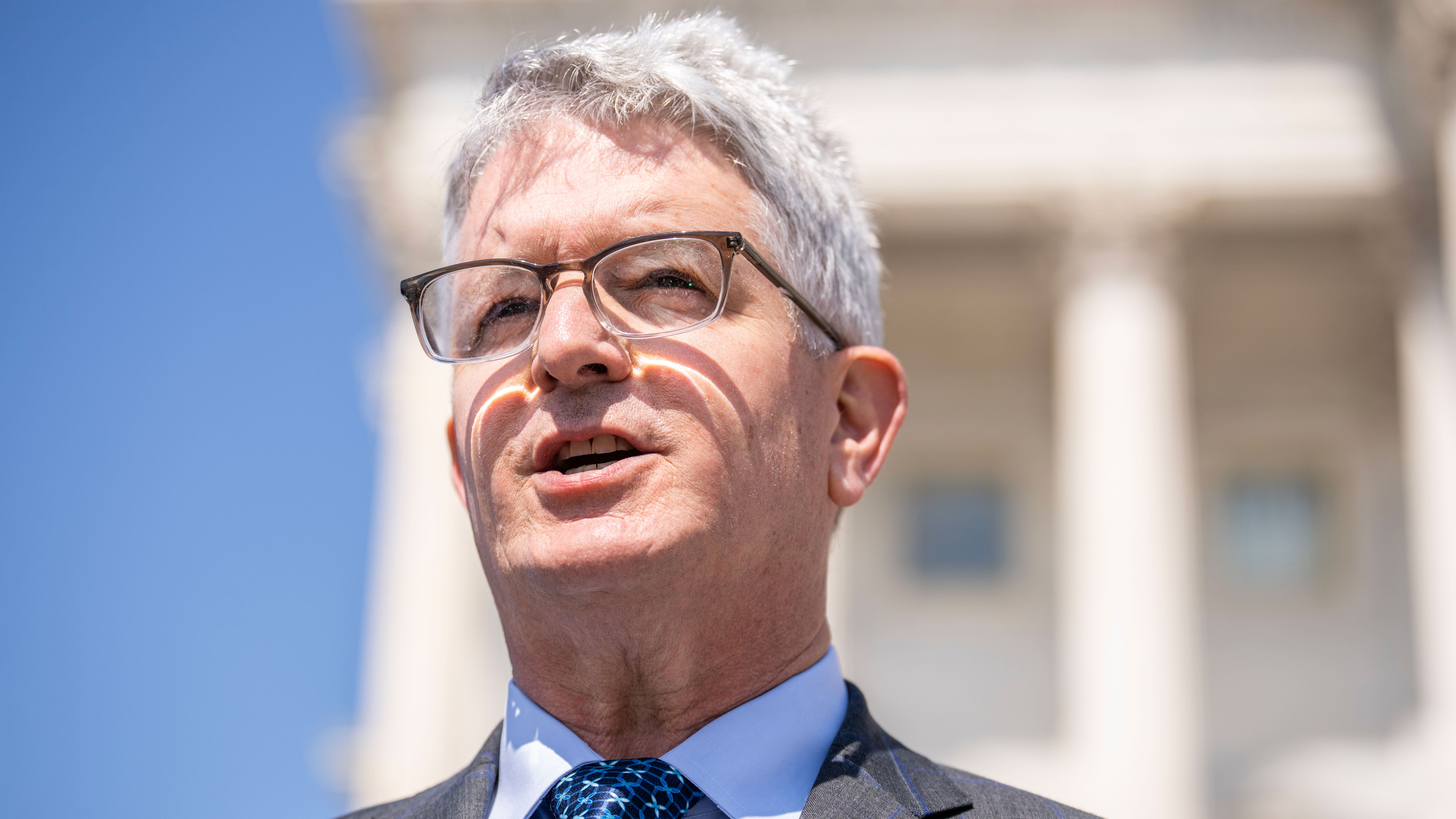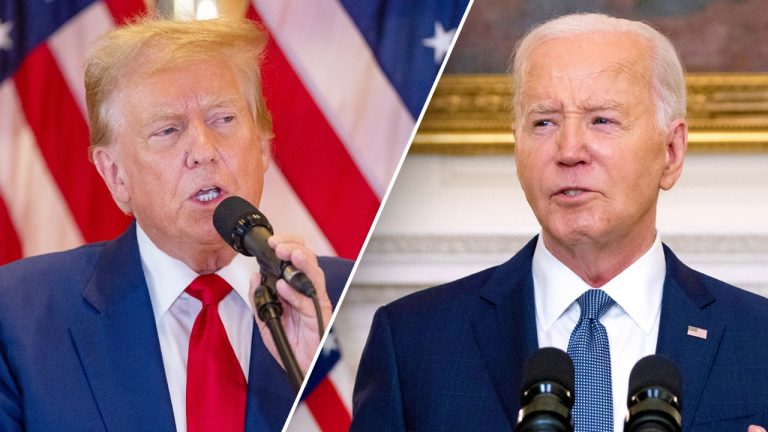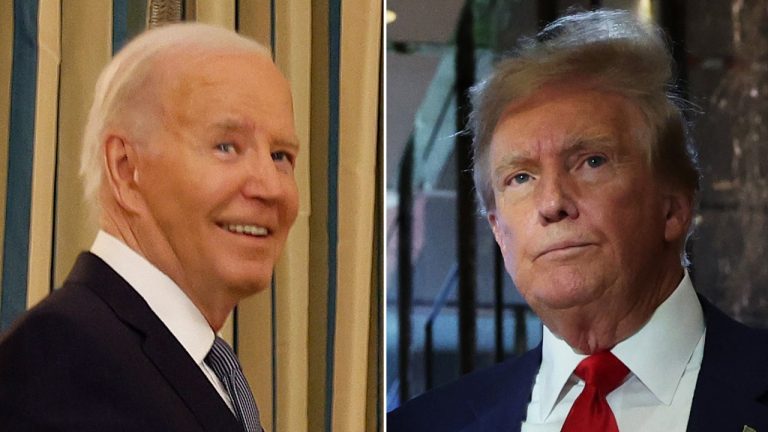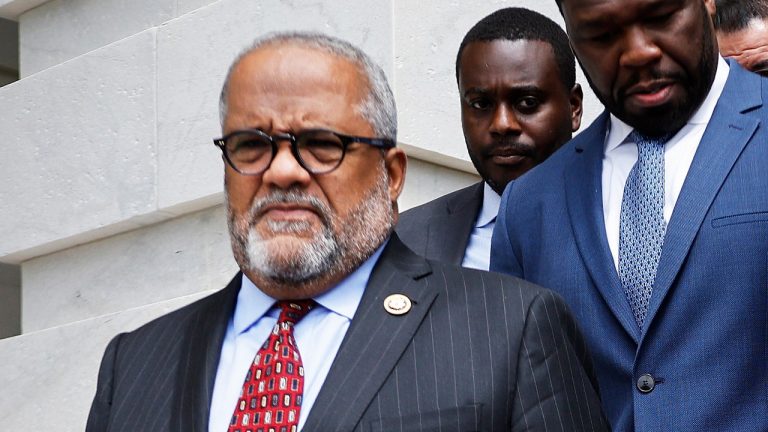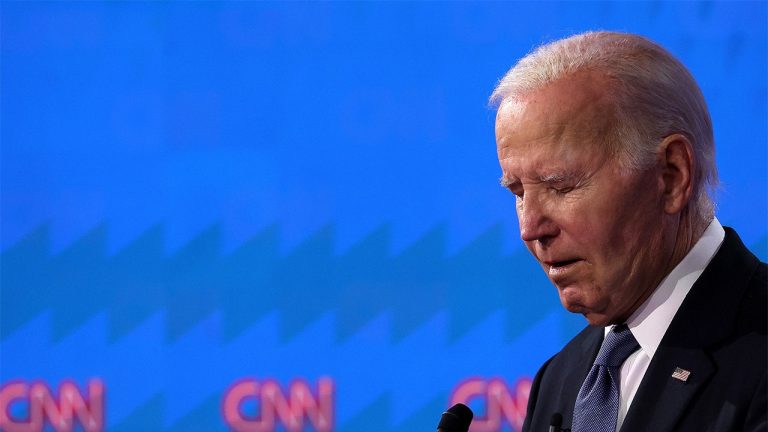Senate GOP Campaign Chair hopeful to win majority in 2024 elections.
Senate Republican campaign chief Steve Daines is tempering any talk of a red wave this autumn leading to a large GOP majority in the chamber.
Democrats currently control the U.S. Senate with a slim 51-49 majority, but Republicans are eyeing a favorable Senate map this year, with Democrats defending 23 of the 34 seats up for grabs.
Three of those seats are in red states that former President Trump carried in 2020 — Ohio, Montana, and West Virginia, where Democratic Sen. Joe Manchin is not seeking re-election.
“The first state that we know that we’re going to win at this point is West Virginia,” Daines confidently stated. “There’s one pickup seat right there.”
Additionally, there are five more Democrat-held seats in key battleground states, as well as an open seat in blue Maryland, where the popular former two-term Republican Governor Larry Hogan is running for the Senate.
While the political landscape seems to favor the GOP, Daines, the junior senator from Montana, is aligning his views with longtime Senate Republican leader Mitch McConnell, who is also downplaying expectations for sweeping victories.
Contrary to his predecessor, Sen. Rick Scott of Florida, who overestimated the outcome of the 2022 midterms, Daines is adopting a more cautious and strategic approach. “As we looked at the results of ’22, nobody was happy,” Daines reflected. “Everybody likes winning. Nobody likes to lose.”
After taking on the role of NRSC chair, Daines vowed to do “whatever it takes to make sure we have a Republican majority,” a commitment that has led to a shift in approach, including active involvement in contested GOP primaries.
Looking ahead, Daines expressed confidence in the candidates the party has fielded, noting that they are well-positioned to compete in both primary elections and general election races.
Blame for the setbacks faced by the GOP in the 2022 Senate election was partly attributed to former President Trump’s influence, particularly in shaping key primary battles. Candidates who won their primaries with Trump’s endorsement faced defeat in the general election.
In contrast, the alignment between Trump, the NRSC, and McConnell in the 2024 Senate race recruitments signals a unified front within the Republican Party, thanks in part to the productive working relationship between Daines and Trump.
The ongoing intra-party dynamics are evident in primary races, with Trump-backed candidates facing off against other contenders. Despite the potential for contentious primaries, Daines remains optimistic about the party’s prospects.
One factor contributing to Daines’ optimism is President Biden’s perceived unpopularity, which he believes will present significant challenges for the Democrats in the upcoming elections.
Despite criticism from the Democratic Senatorial Campaign Committee, Daines maintains a positive outlook on the GOP’s chances in the forthcoming elections, buoyed by the opportunity presented by the political landscape and the perceived weaknesses of the Democratic incumbent.
As the political landscape continues to evolve, the upcoming elections will serve as a litmus test for both parties, with the fate of the Senate majority hanging in the balance.


